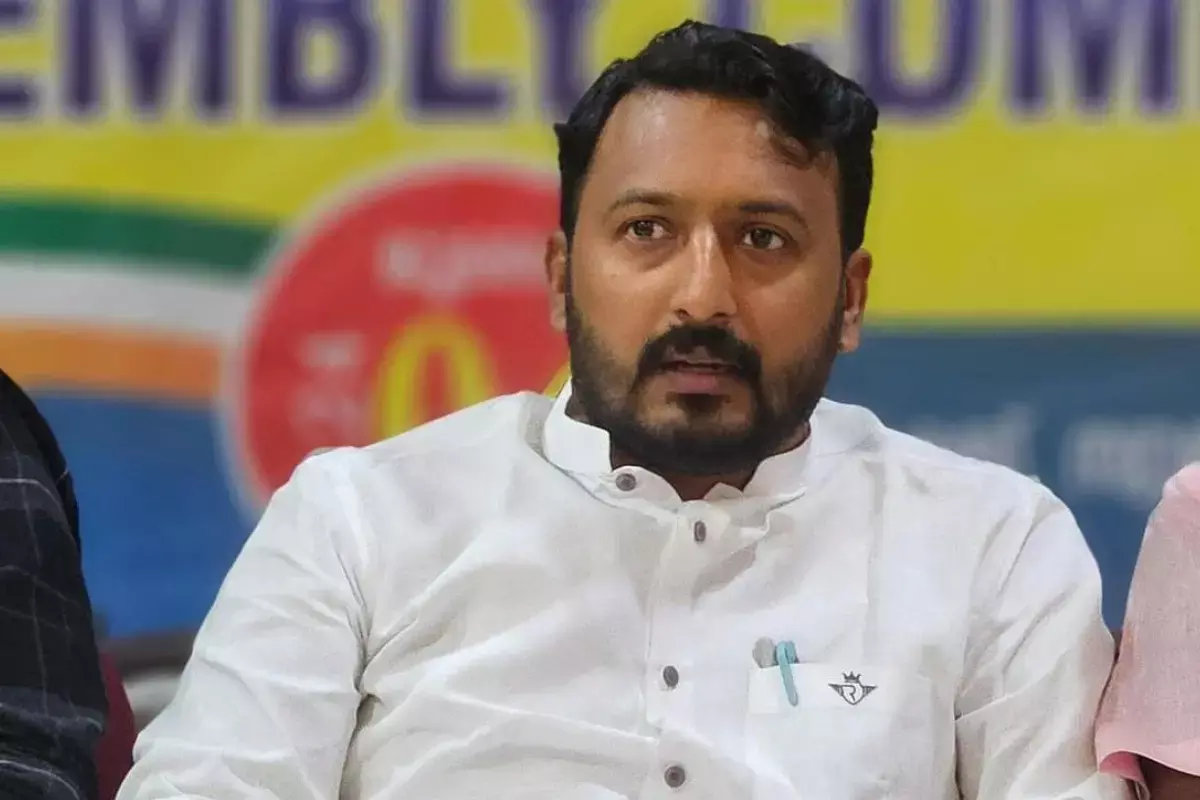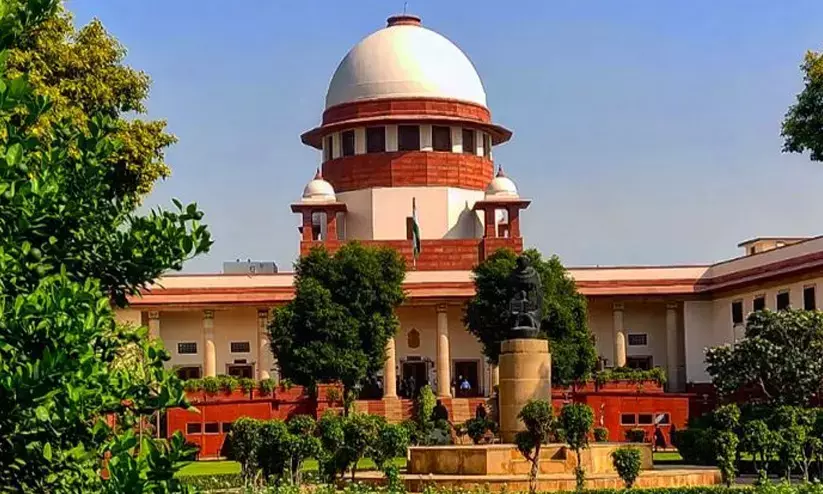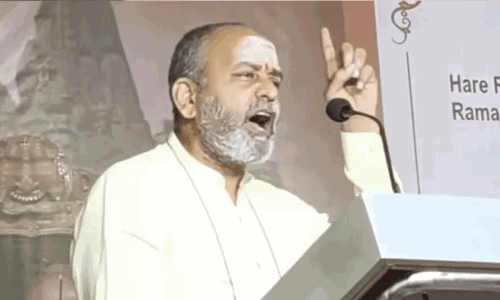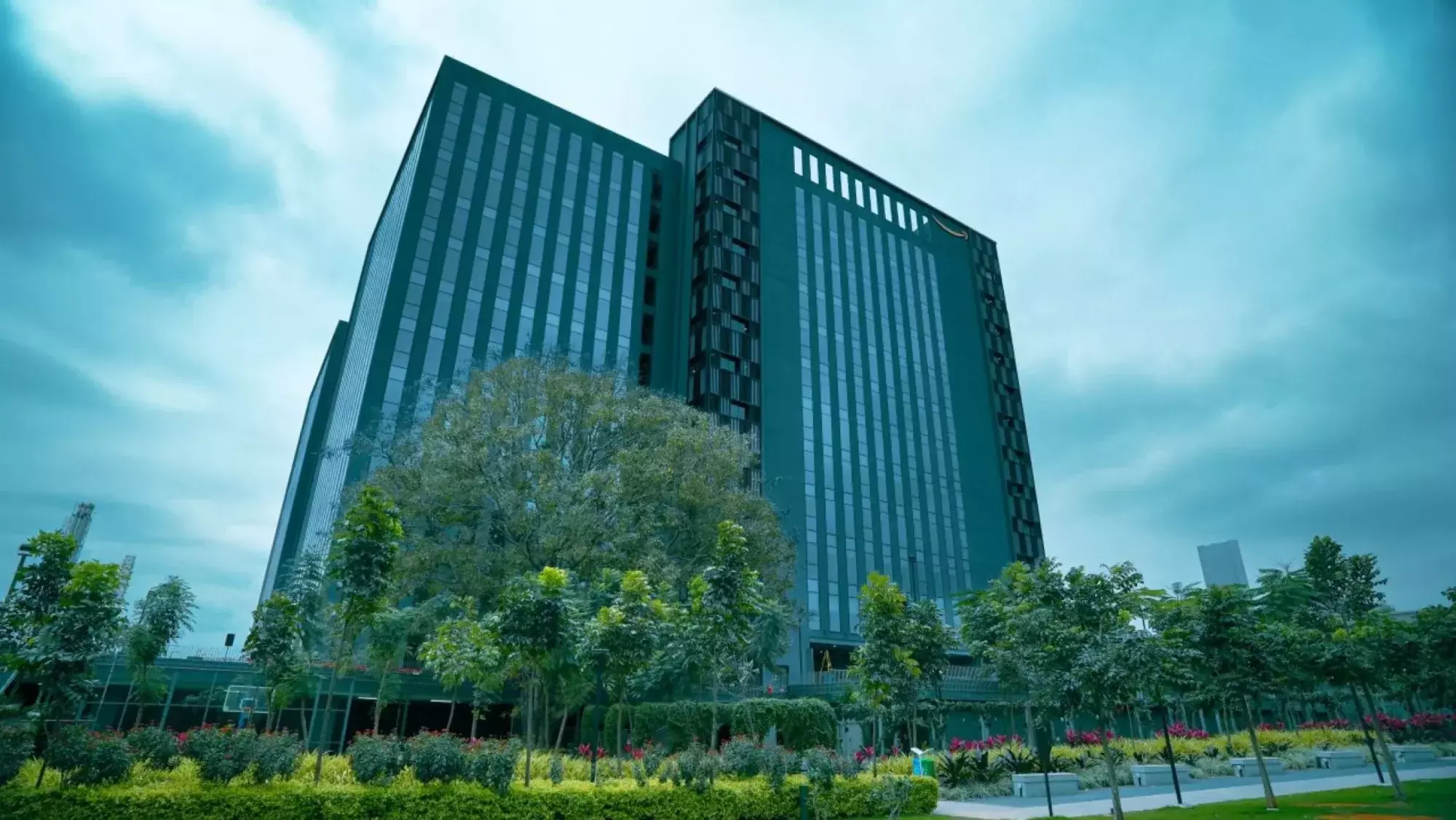
What piety is this?
text_fieldsThe fact that incidents of protest against the Supreme Court judgement granting entry for women into Sabarimala, are getting out of hand, can only be viewed with seriousness.
The situation in which not only the women intending to visit Sabarimala, but even women mediapersons trying to report the protest, were getting attacked, can never be accepted. It is quite natural that when a long-standing tradition which some deem sacred, is breached, those who view it as important get disturbed. But in our land, it is not only tradition that is held sacred, but in a constitutional republic the verdict of the highest court has a sacredness higher than tradition. It was the Supreme Court that granted entry for women of all ages to Sabarimala. All the citizens and norganizations who believe in the Constitution have an obligation to honour and obey the court's writ. But curiously enough, it is the party that rules the country that leads an agitation, an act that can be treated evidently as contempt of court. These parties appear not to have the realization that they are people with responsibility for making laws.
It is patent to everyone that the force behind the agitation is the Sangh parivar outfits. But they do not seem to have any clarity about the entity against whom they are making the agitation. Their slogans are against the state government and the chief minister. But for a chief minister who has sworn by the constitution, his job is to implement the Supreme Court order. If he fails to perform that duty, he will cease to be fit to continue in that position. In other words, going for a strike against the state government in the name of a Supreme Court verdict, is undoubtedly an extremely scurrilous tactic of political expediency. One of the demands of the agitators is that the state should file a revision petition. The posible irrationality of a state government - which during the case hearing had taken a stance in favour of women's entry to the temple - filing a revision petition was pointed out by the chief minister. The BJP which makes a hue and cry for filing revision petition could easily have got the Central government to file such a petition. Alternately, if their demand is to issue an ordinance to supercede the apex court's verdict, that too can be done by the Central government. Instead of doing any of these, unleasing violence in the guise of an agitation is highly objectionable.
Debates about the extent to which courts can go in intervening in matters of religious rituals, are quite relevant. It is also true that when restrictions are imposed from above all of a sudden on traditionally followed rituals, that is bound to make reverberations in the society. This and related matters were highlighted by Justice Indu Malhotra in her dissenting judgement. Her judgement also underlines the impracticality of imposing social reforms from the top in a country like ours, with its marked emphasis on traditions and beliefs. That said, once a Supreme Court judgement has been issued, all are bound to abide by it. Not only are the strikers failing to do that, but they are also adopting an attitude of blatantly violating it. This violent group is breaching the sanctity of not only the Supreme Court but even of Sabarimala. How can a gang that attacks women in the street in broad daylight be called devotees? The government has an obligation to rein in those who publicly break law whatever be the pretext.






















